Resolution No. 71-NQ/TW of the Politburo on breakthroughs in education and training development has proposed the policy of building a unified set of textbooks nationwide, aiming to provide them free of charge to all students by 2030.
Supporting this policy, Dr. Nguyen Van Kha - an education expert in Ho Chi Minh City, said that unifying a set of textbooks will bring many practical benefits to teachers, students and parents.
According to Dr. Kha, using only one set of textbooks helps teachers grasp the knowledge they need to impart firmly and deeply. The teaching materials only need to be adjusted annually to suit the reality, without having to be rebuilt from scratch, thereby saving a significant amount of time and effort.
For students and parents, the first benefit is the ability to reuse textbooks from the previous year, contributing to reducing waste. If there is a need to buy new ones, parents can also easily find them at bookstores. “It is also easier for parents to guide and support students to study at home because they only need to focus on a single set of books,” Dr. Kha shared.
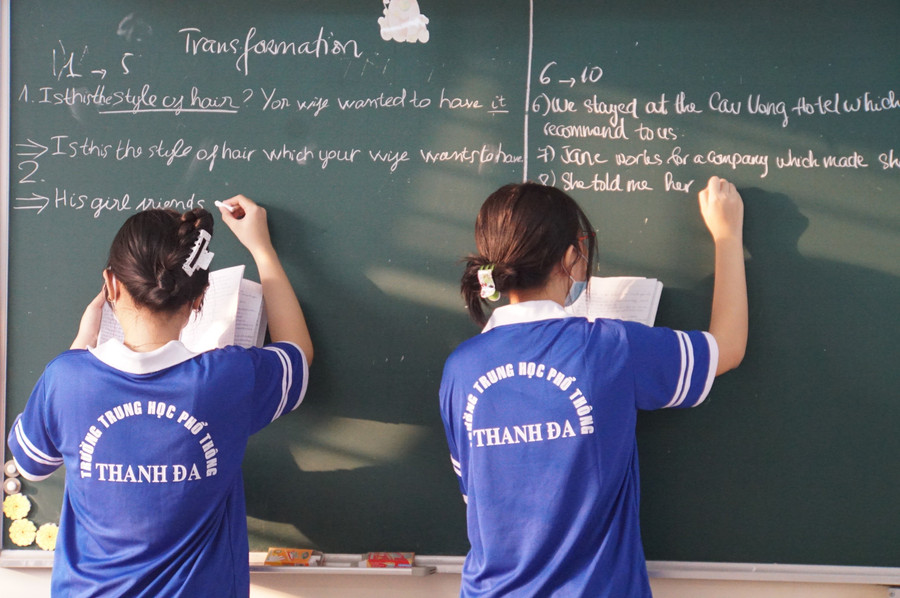
However, Dr. Nguyen Van Kha said that converting from many current textbook sets to a unified set is a big challenge, requiring significant resources to implement. He recommended that the Ministry of Education and Training and management agencies need to address five key issues.
First, build a clear and public roadmap. The Ministry of Education and Training needs to announce a specific roadmap to ensure that when new books are completed, old printed books are used up, avoiding waste.
Second, transparency in the selection of author groups. The selection of book compilation groups needs to be done publicly and transparently, possibly through bidding to improve the quality of the book series and ensure the rights of students.
Third, improve the quality of inspection. The book inspection team needs to be carefully reviewed by the management agency. Those involved must have high professional qualifications and a deep understanding of students and the Vietnamese education system.
Fourth, strict content censorship. Textbook content needs to be strictly censored before being put into use to minimize errors.
Fifth, train teachers before implementation. Teachers need to be fully trained and coached to effectively use the new textbooks in teaching.
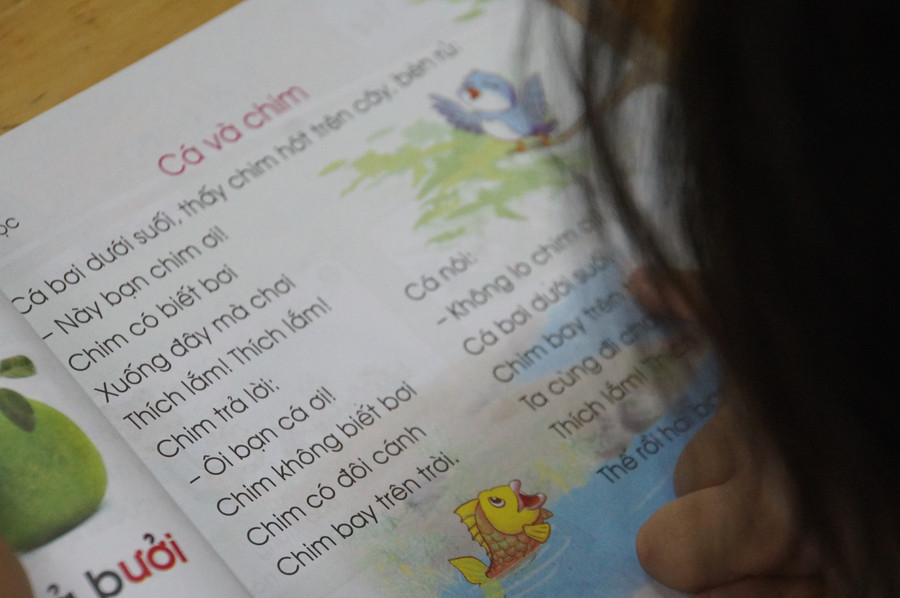
According to Dr. Nguyen Van Kha, the policy of providing free textbooks for students at all levels is a humane policy, demonstrating the deep concern of the Party and State for education. This is a practical action, helping people reduce the financial burden in the learning process of their children.
However, Dr. Kha also expressed concern about the risk of waste if there are no appropriate management measures.
In the past, in the same family, if textbooks were still usable, older siblings could leave them for younger siblings to study, thereby forming a mentality of preserving and preserving books. However, when books are distributed for free, many students will no longer cherish and value books as before.
Therefore, it is necessary to develop plans to encourage and raise people's awareness in using and preserving textbooks. This is an important factor to properly implement the spirit of the policy, while maximizing the humanistic value of the policy.
Source: https://giaoducthoidai.vn/chuyen-gia-kien-nghi-5-giai-phap-cho-bo-sach-giao-khoa-thong-nhat-post748187.html












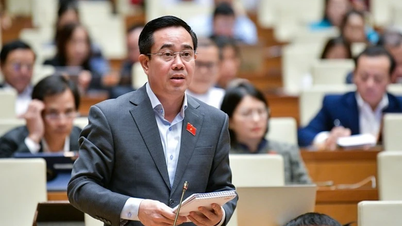

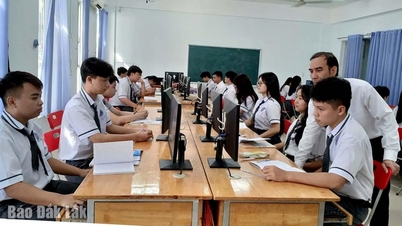

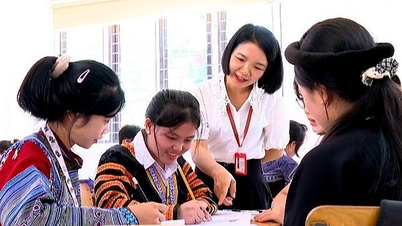

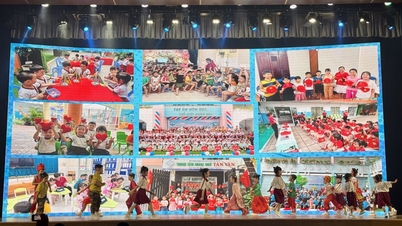
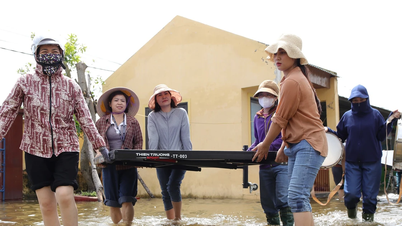
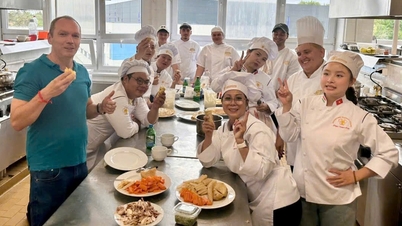


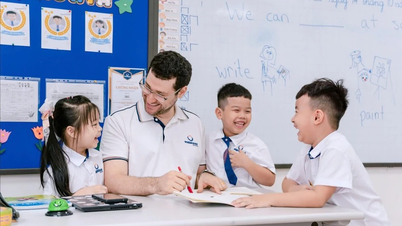

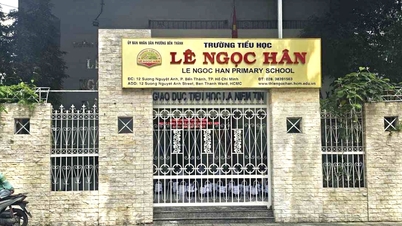






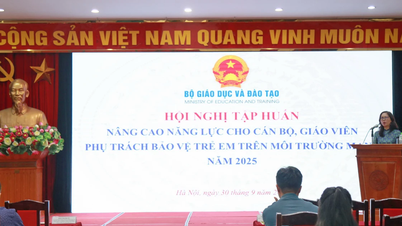
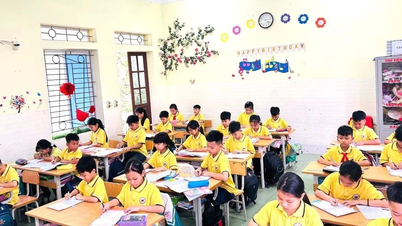



![[Photo] Panorama of the cable-stayed bridge, the final bottleneck of the Ben Luc-Long Thanh expressway](https://vphoto.vietnam.vn/thumb/1200x675/vietnam/resource/IMAGE/2025/9/30/391fdf21025541d6b2f092e49a17243f)
![[Photo] Solemn opening of the 12th Military Party Congress for the 2025-2030 term](https://vphoto.vietnam.vn/thumb/1200x675/vietnam/resource/IMAGE/2025/9/30/2cd383b3130d41a1a4b5ace0d5eb989d)
![[Photo] President Luong Cuong receives President of the Cuban National Assembly Esteban Lazo Hernandez](https://vphoto.vietnam.vn/thumb/1200x675/vietnam/resource/IMAGE/2025/9/30/4d38932911c24f6ea1936252bd5427fa)
![[Photo] The 1st Congress of Phu Tho Provincial Party Committee, term 2025-2030](https://vphoto.vietnam.vn/thumb/1200x675/vietnam/resource/IMAGE/2025/9/30/1507da06216649bba8a1ce6251816820)



















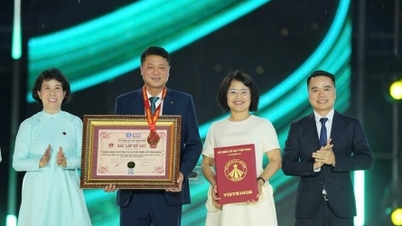

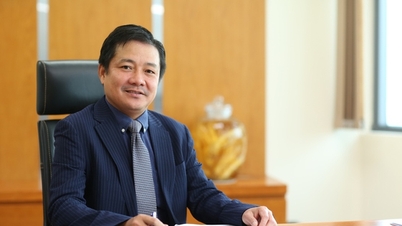

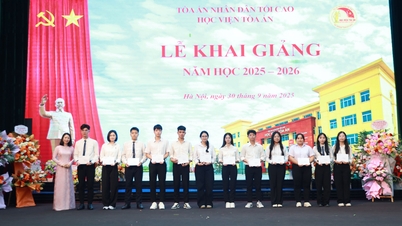

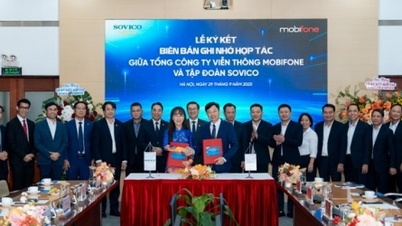
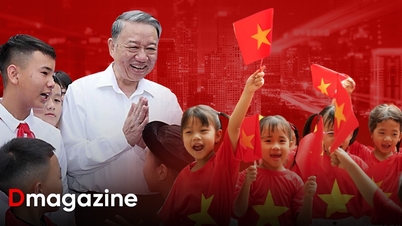
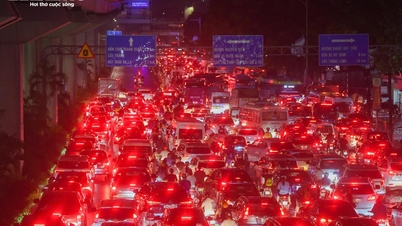

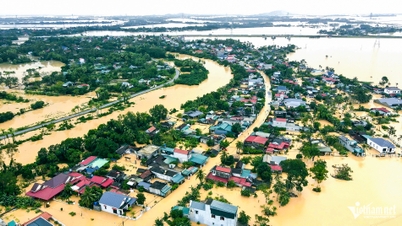

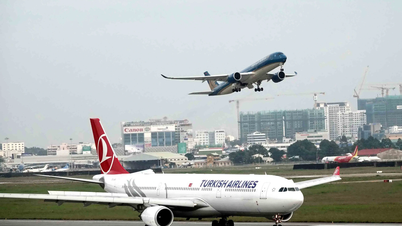
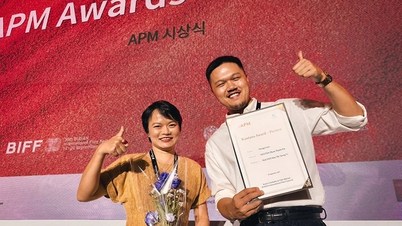
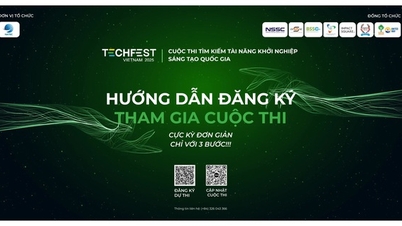

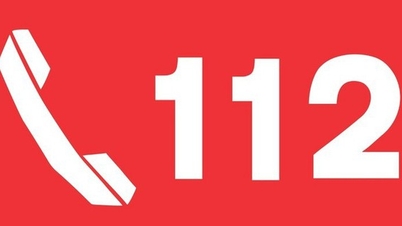




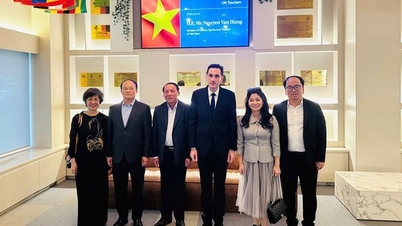
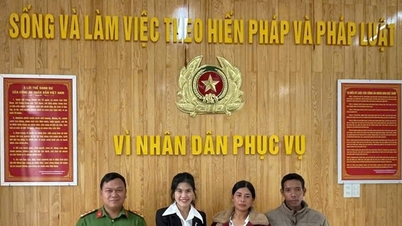

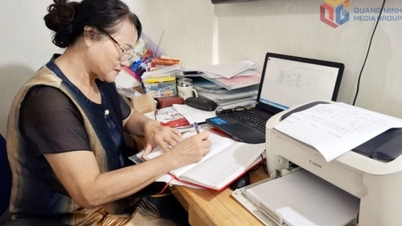



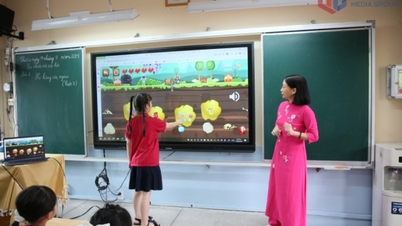
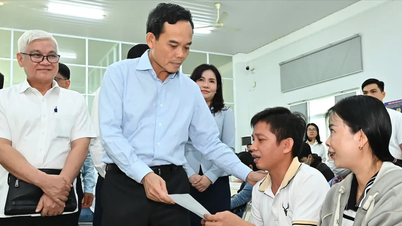

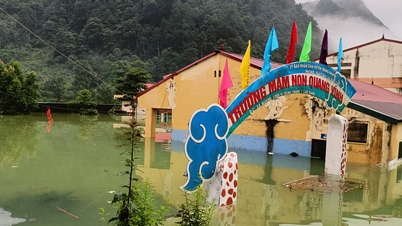













Comment (0)